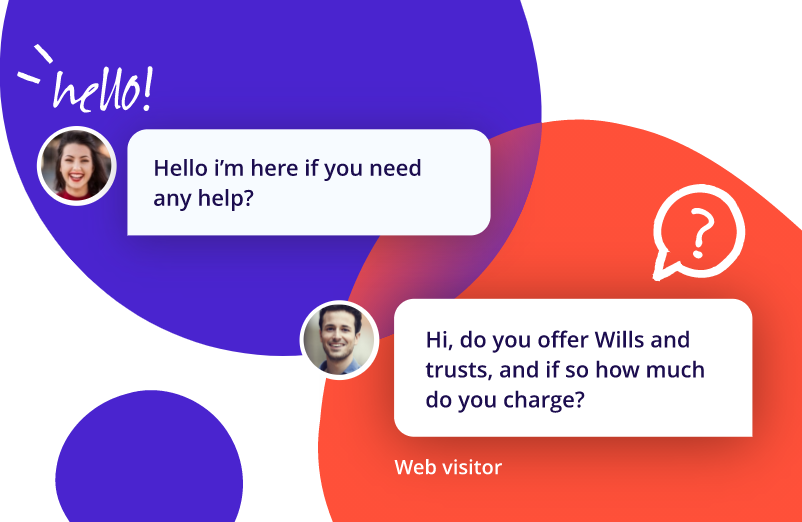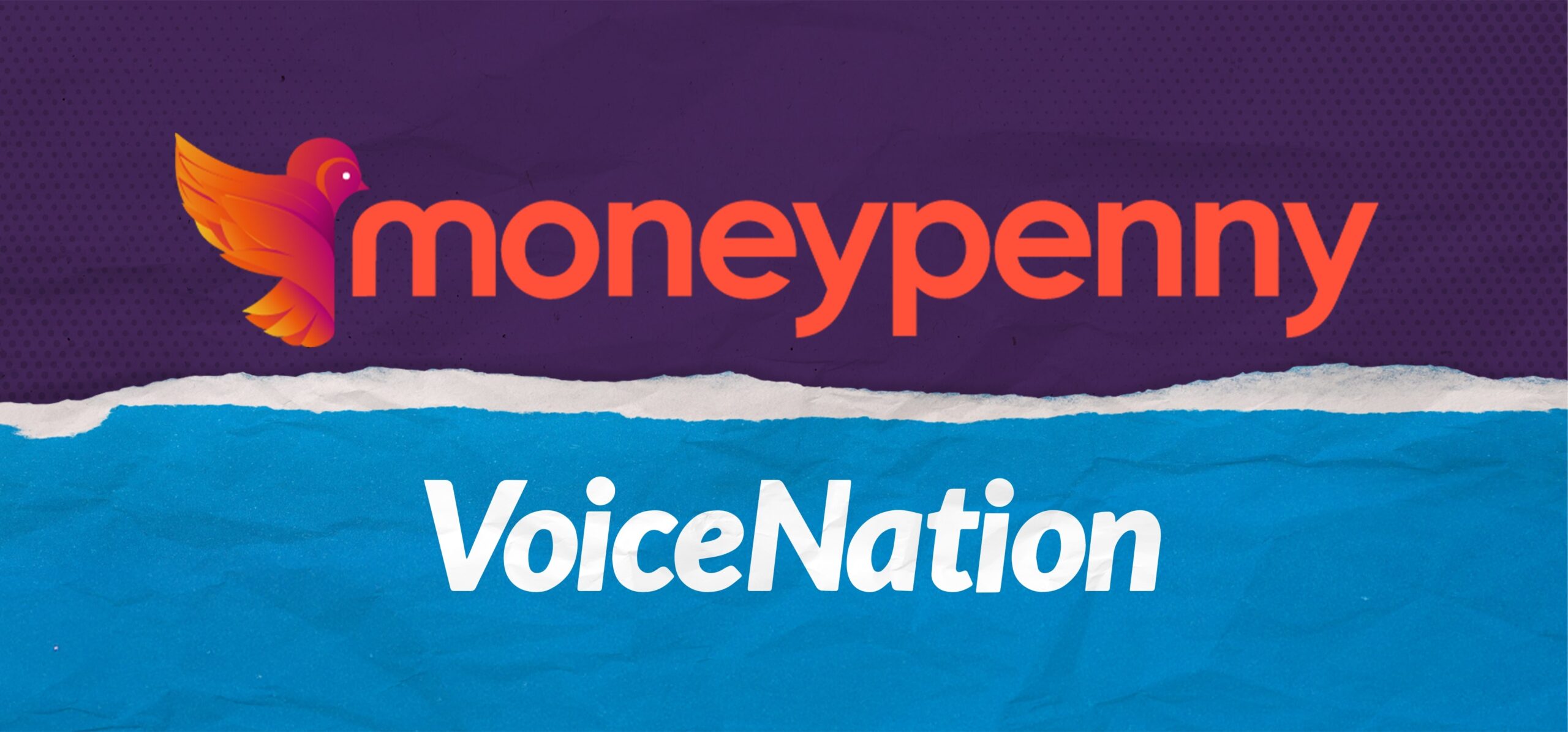People expect things fast. Technological innovation has redefined customer expectations, and it’s down to each business to do everything in their power to keep up. For instance, if you have a slow website, you will lose a significant number of potential visitors. According to research carried out by Google, people will generally click to go back to the search results if they have to wait more than three seconds for a website to load. Recent data shows that slow websites are what people dislike most about browsing the internet on a mobile device, with Google recommending page load speeds of five seconds or less. This is why learning about the benefits of live chat is important, and so is implementing this useful service for your customers to utilize.
Load speed is important, but so is user experience (UX)
Making a website simple and easy to use is crucial when it comes to lead generation and revenue. Many users will visit your website from their cell while they are busy doing other things and trying to multitask.
For instance, someone may be eating lunch when they remember that they need to inquire about a gardener or want to buy a new garden product. In these examples, users want to find what they need quickly and hassle-free, so they can resume eating lunch as soon as possible!
When it comes to more expensive products or services, users will often want to speak to someone to gain as much detail as possible before committing to a purchase or deposit. In this instance, users will want an easy way to get in touch or a quick way to find more information.
Excellent UX and page speed are the foundations of a good website experience, and managed chat services/live chat immensely benefit this.
Live chat is the fastest, most cost-effective way of turning visitors into customers
Live chat benefits companies in so many ways; it allows businesses to talk in real-time to website visitors. Being able to have open discussions with visitors is a tremendous competitive advantage for several reasons.
Managed live chat can help visitors find what they need quickly. It also provides valuable feedback about what customers are struggling to find and how website navigation could be enhanced.
It can also help a company understand what type of questions users have about their products or services. Our research found that 44% of customers are looking for advice during an online purchase.
What’s more, visitors that converse via live chat and enjoy a positive user experience are more likely to buy or convert on your website. This means that when it comes to introducing live chat, your ROI (Return on Investment) improves considerably.
Managed Live Chat vs. Chatbots
The benefits of live chat for business are numerous, but what type of live chat is best? A managed live chat service, also known as “live web chat,” is powered by a human who interacts with your visitors when prompted. With managed live chat, agents can have real conversations with customers and build relationships, whereas chatbots resolve frequently asked questions.
Chatbots are powered by artificial intelligence (AI), or they use something known as decision tree programming to provide answers to common questions.
Managed live chat is particularly helpful if your product or service is expensive or complicated in any way, and it’s also great for building rapport with visitors. For example, if you are a real estate agent or own a car dealership, visitors will likely want as much information as possible before booking a tour or test drive. The mentality is very different when compared to buying new dinner plates or garbage bags.
The vast majority prefer talking to a human
Managed live chat agents can also provide a superior overall experience; visitors will usually know whether or not they are talking to a human or a bot. Whereas a human agent can improvise, adjust answers to suit your brand guidelines, and provide a warmer, more pleasant customer experience.
So, what are the benefits of live chat?
There are so many benefits of Moneypenny’s Live Chat software when you add this service to your website, but what are they exactly?



















